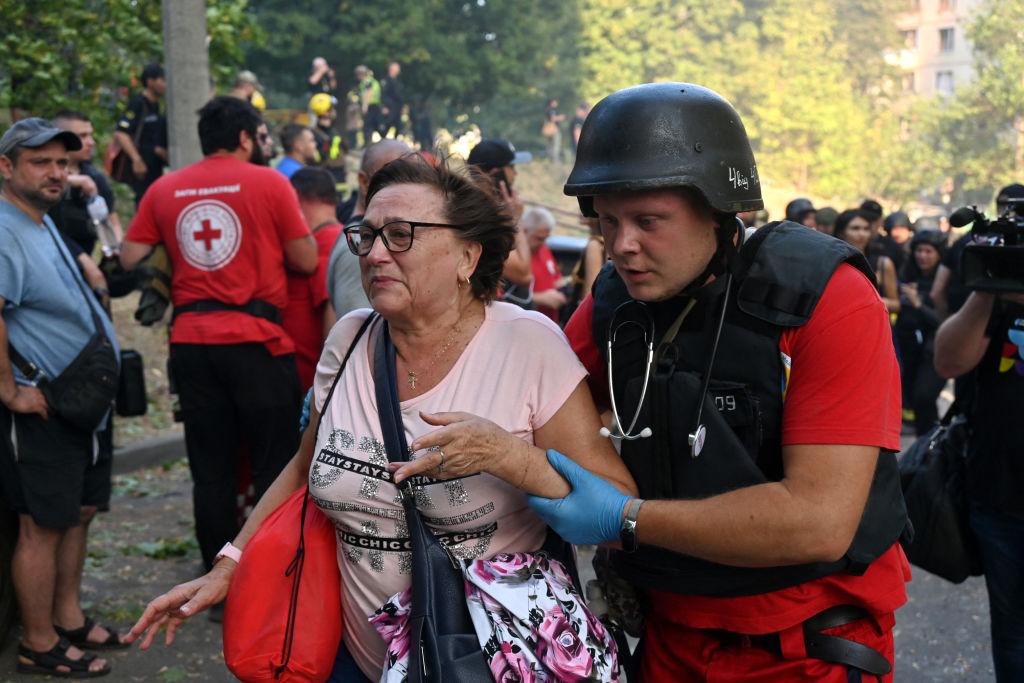At least 30 civilians in Kharkiv, Ukraine, were reported injured on Sept. 15 in the wake of an exchange of missile and drone attacks between Russia and Ukraine.
A Russian-guided missile hit a residential high-rise in Kharkiv, a city in Ukraine’s northeast, on the afternoon of Sept. 15. Being so close to the Russian border, Kharkiv has been a key target of Russian strikes since the invasion of Ukraine in February 2022.





